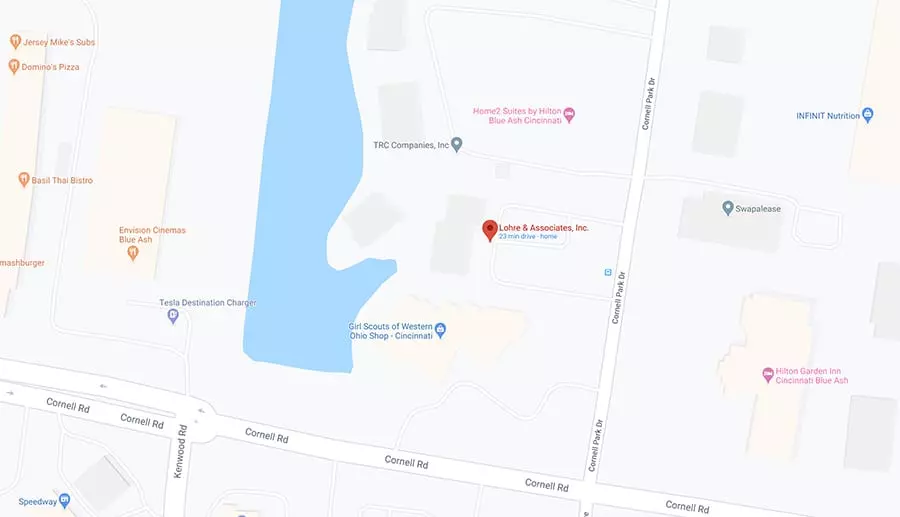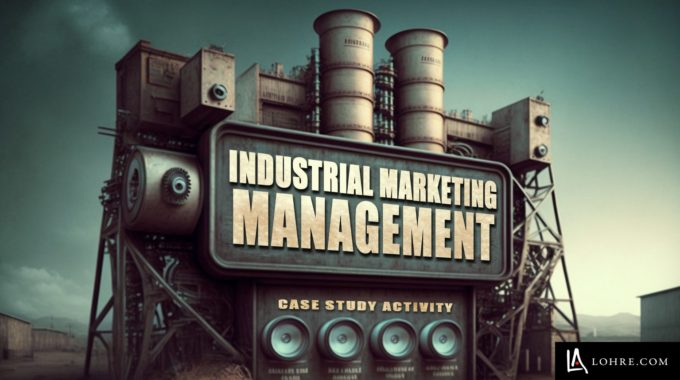|
(This just jumped in the boat. Fantastic! We’re on a mission to do better market research before planning a marketing campaign that may or may not need traditional internet and media channels. It may be just one phone call. Thanks Rich!)
 In this issue of The Friedman File, business partner Jerry Guerra of The JAGG Group shares his candid thoughts and advice on the much-debated topic of market research. Jerry is a skilled researcher, writer, and PR/communications specialist who has collaborated with me on many projects for architects, engineers and environmental consultants. —Rich Friedman. In this issue of The Friedman File, business partner Jerry Guerra of The JAGG Group shares his candid thoughts and advice on the much-debated topic of market research. Jerry is a skilled researcher, writer, and PR/communications specialist who has collaborated with me on many projects for architects, engineers and environmental consultants. —Rich Friedman.
In many AE firms, market research is a wasted activity driven by ignorance, cursed by laziness and devoid of any understanding of where its true value lies. The inevitable result is a massive gap between the promise of an intelligent market research program that helps a firm succeed and grow, and the futility of the actual market research efforts that far too many firms pursue.
We pay for expensive online services, scour the business papers and trade journals for long-range leads, hire ex-government employees to identify and harvest opportunities, sit through economic outlook presentations that may or may not relate to what we do and purchase detailed reports that give us macro views on a number of markets (some of which we care about).
We may even cobble together an RFP to retain a consultant for targeted research on a client sector or region. Then we wipe our hands, pat ourselves on the back and return to whatever it is we were doing before this unfortunate distraction drew our attention away from the things we really want to do.
What happens to all the research data we acquire through these various methods? If you’re like a lot of firms, it goes into a nicely organized, thoughtfully designed spreadsheet. And it sits. Waiting for something to happen. Forever.
So what’s the answer? Should you just forget about market research altogether?
Truthfully, if you’re investing time, money and effort into collecting market research data that you’re just going to dump into a black hole of inertia, yes. But there’s a better way.
With the help of some of history’s words of wisdom, here are three tips to ensure that your market research yields value and contributes to the bottom line.
“It’s not what you look at that matters, it’s what you see.” —Henry David Thoreau
A mid-sized engineering firm seeking to increase its success in local municipal markets recently subscribed to an online lead-generating service. Their admirable goal was to get ahead of opportunities so they could build the appropriate relationships and prepare for projects long before the RFP hit the street.
The service they selected, like most of its peers, is a wonderful tool packed with a seemingly endless supply of pertinent opportunities across all public-sector markets and service areas. It was almost more than this firm could handle.
Actually, it was more than they could handle.
You see, they had no system in place to efficiently collect, assess, absorb and disseminate the daily information downloads the system provided. After two years of very little usefulness, and over $13,000 in fees, the service was discontinued and deemed a failure.
It wasn’t the service’s fault. Without someone on staff dedicating a substantial amount of time every week to optimizing its use, it never had a chance. Even more, because this firm had not yet implemented a robust customer relationship management (CRM) system that could have allowed efficient distribution, discussion and follow-up, the campaign was doomed to fail.
“The only freedom (that) deserves the name is that of pursuing our own good, in our own way.” —John Stuart Mill
Another sure path to failure is assigning people to lead a market that doesn’t interest them. Turning that around, the best chance for market research to succeed is under the enthusiastic eye of a “champion” who volunteers for the role and is driven to see it through.
Developing market champions is a common goal in strategic planning, and with good reason. They are the best hope for firms pursuing any market, particularly new and emerging ones. The mistake we often make is identifying the desired market (round hole/cart) and then forcing someone in the firm to be the champion (square peg/horse).
Instead, offer a roster of viable opportunities to a controlled group within the firm, including “future leaders,” and encourage champions to step forward in a sector they’re jazzed about.
Then, when one or more do, give them the leeway and tools to ride it through. Don’t expect the 85% billable rising star Associate to lead you to a new-market promised land without shaving at least 20% off her utilization goal. You can assume some additional commitment from your new champion, but the company needs to give a little, too.
With a willing, invested leader in place, you can have confidence that the market research data you accumulate from any number of sources – including the afore-mentioned online service – will be promptly and appropriately vetted and acted upon.
“The trouble with most of us is that we would rather be ruined by praise than saved by criticism.” —Norman Vincent Peale
Whether you’re collecting client feedback data or assessing your likelihood of success in a target market, unvarnished honesty is the best policy.
In the former case, clients asked for feedback should have to struggle to give praise without some type of constructive criticism. “Keep up the good work,” is nice, but helps no one.
Instead of “Did we meet or exceed your expectations,” ask, “What could we have done better to make your project or your experience more successful?” If you want a testimonial, ask for it. Otherwise, force your client to tell you something useful, even if it’s negative. Especially if it’s negative.
In a similar vein, when reviewing market data for strategic decision-making, the career naysayer may be your most valuable asset. As long as this devil’s advocate doesn’t hijack the process and his negativity is kept in check, the exercise of countering his prophecy of doom with a logical and well-supported argument could be enlightening. Ideally, the debate either strengthens your resolve or helps you avoid a potentially devastating mistake.
The Bottom Line
Performing market research for its own sake is a fool’s errand. Before you invest an iota of time or a nickel of your operating budget on market research, consider what you’ll do with the information you receive, who’s going to do it, and how it may influence your future success. Critical to this judgment is ensuring that it is performed within the context of the firm you really are, not the firm you wish you could be. We’d love to hear your thoughts and experiences. Email us at [email protected] or [email protected].
Click here to forward this email to a colleague
|






